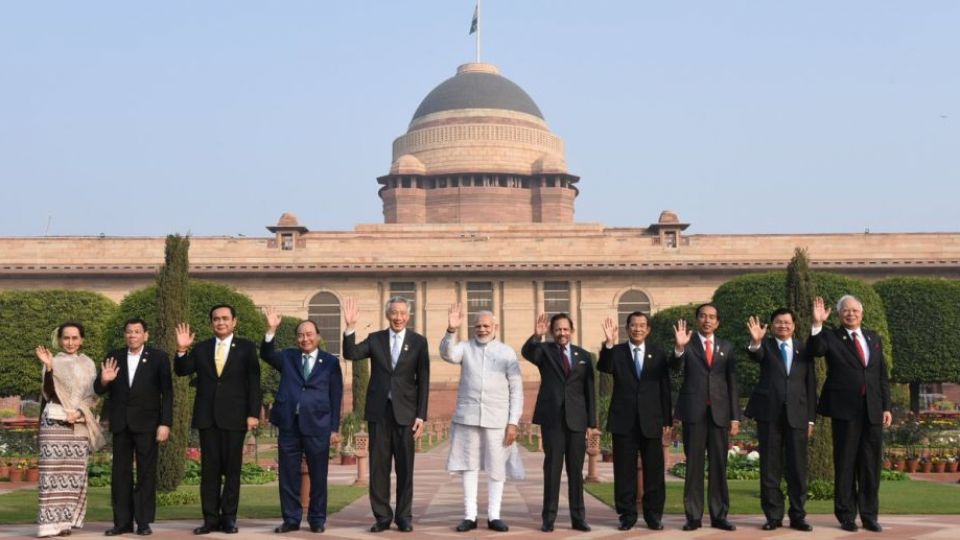January 30, 2018
India’s Prime Minister Narendra Modi hits out at protectionism at 48th World Economic Forum meeting in Davos.
India’s Prime Minister Narendra Modi made the most of his opening speech at Davos – the first by an Indian in 20 years – hitting out at protectionism and calling for a more unified world.
Speaking in Hindi, Modi spoke of the three grave challenges facing the world – “climate change, terrorism and a threat to globalisation with powers of protectionism rising”. He said it is dangerous to create an “artificial distinction” between a ‘good terrorist’ and ‘bad terrorist’ and that issues of peace, security and stability are serious global challenges.
Modi held up India’s ancient traditions as well as its democratic present as a model for addressing these challenges. In India, he said, “democracy, demography and dynamism”; are shaping development and growth that is inclusive.
He said India has set an aggressive target of producing 175 gigawatts of renewable energy by 2022, and that India and France will soon ratify a treaty creating a new International Solar Alliance, with its first meeting to be held in New Delhi.
Modi said that “many societies and countries are becoming more and more focused on themselves,” and identified this trend as a challenge on par with climate change and terrorism.“We will have to accept that globalisation is slowly losing its lustre,” he said. “These global organisations created after the Second World War – do they even reflect the aspirations and dreams of mankind and the reality of today?” he asked.
He warned that the gap between these organizations and the needs of developing countries is particularly large.
“The solution to this worrisome situation is not isolation…The solution is accepting and understanding change and formulating flexible policies in line with the changing times,” he said, suggesting that a globalism that does not seek to sweep away national and cultural differences is needed.
Modi underscored the openness of India to foreign investment with the country poised to become the world’s fastest growing economy at 7.4 per cent. Investing in India, travelling to India and manufacturing in India has become much easier, he stressed. “We are removing the red tape and rolling out the red carpet,” he said, noting that, in the past three years, the Indian government has abolished over 1,400 “archaic” laws.
“I’m sure you can imagine, in a democratic state, how difficult it is to do that,” he added. India’s reforms will, Modi believes, drive fast growth: He targets a US$5 trillion GDP by 2025. “The path my government in India has chosen is revolutionary and development-centric. Our mantra is ‘reform, perform
and transform’,” said Modi.
But he insisted this will be done in accordance with his oft-repeated claim that Indians consider the whole world its family. “India has never had any political or geographical ambitions. We do not exploit the natural resources of any country. We believe in a multicultural and a multipolar world order.”


